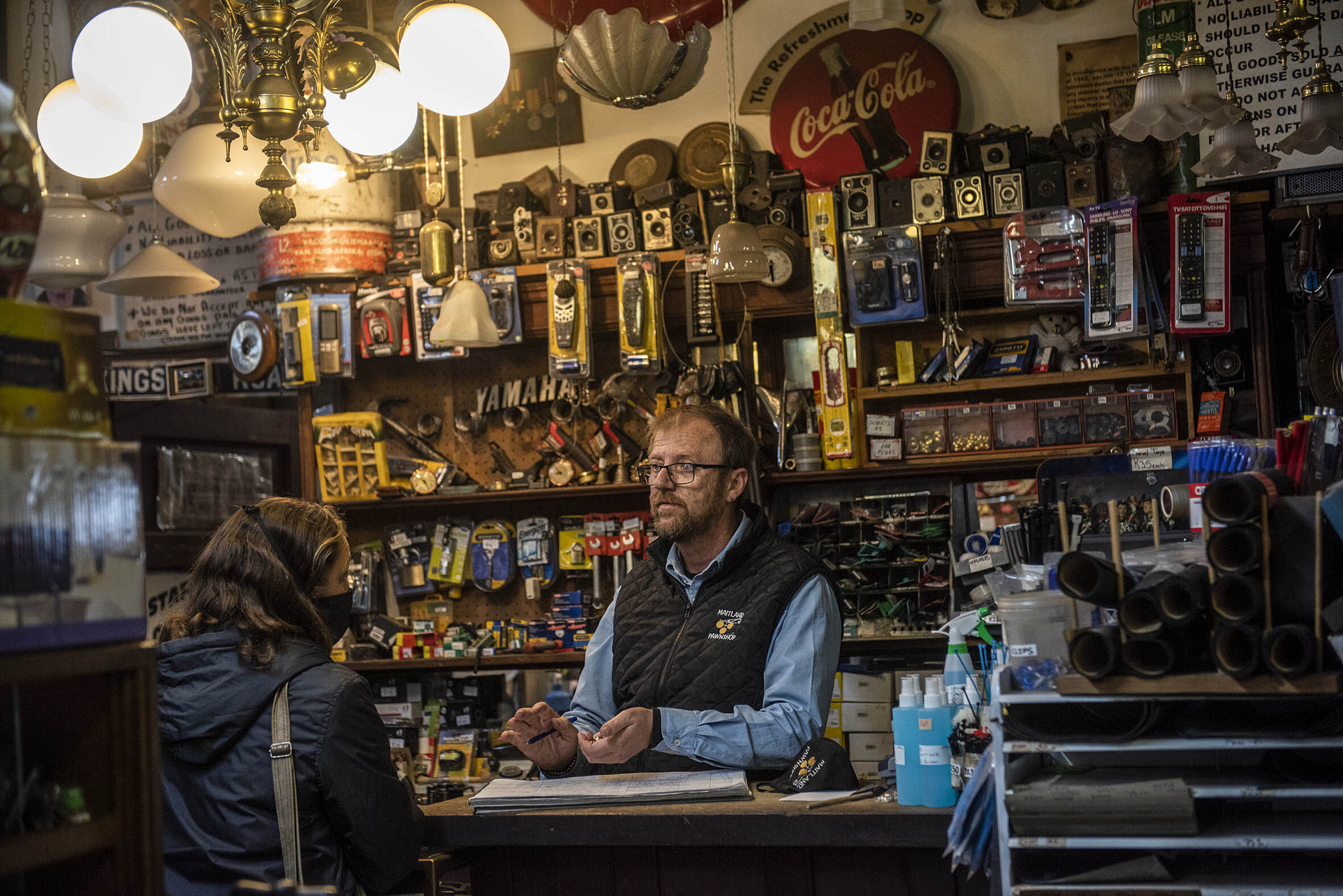
One of the notable advantages of a pawn shops near me is their practice of not conducting credit checks on borrowers. This streamlined process allows individuals to secure loans quickly by using valuable assets as collateral. Since the loan is secured against an asset, creditworthiness is not a determining factor in accessing funds from a pawn shop. This can be particularly beneficial during times of financial strain when immediate access to cash is crucial.
What costs are involved taking out a loan at a Pawn Shop?
Pawn shop loans typically involve interest rates that vary between 3% and 7%. These rates are applied monthly and are clearly outlined in the loan agreement provided by the pawn shop. Borrowers receive transparency regarding the cost of their loan upfront, ensuring clarity on repayment obligations.
What Is the Difference with Selling vs Pawning?
When you pawn an item at a pawn shop, you retain ownership of the item throughout the loan period, usually around six months. The pawnbroker holds the item as collateral against the loan amount provided. Upon repayment of the loan plus interest, the item is returned to you. In contrast, selling an item outright to a pawn shop means relinquishing ownership in exchange for immediate cash. While selling provides instant funds, pawning allows you to reclaim your item after fulfilling the loan agreement.
Which will get me more money, selling or pawning?
Typically, a pawn shop near me offer more money for items sold compared to items pawned. When pawning an item, the loan amount is a percentage of its appraised value, often around 60%. In contrast, selling an item yields the full purchase price based on its value. The decision between pawning and selling depends on immediate financial needs versus retaining ownership of the item.
What is the process to sell to a pawn shop?
Selling a luxury item to a pawn shop involves bringing the item to the shop along with any relevant documentation proving its authenticity and purchase history. An expert appraiser evaluates the item and offers a price based on its condition, market demand, and resale value. The seller can then decide whether to accept the offer or explore other options like pawning the item for a loan instead.
What does a pawn agreement look like at a pawn shop?
Each pawn shop has its own specific agreement outlining terms and conditions of loans or transactions. It is essential for borrowers and sellers to review this agreement carefully to understand the terms of the transaction, including interest rates, repayment terms, and consequences of non-repayment. The agreement ensures transparency and protects both parties involved in the transaction.
Are Pawn shops Regulated?
Pawnbrokers are regulated under specific laws such as the Pawnbrokers Act and are overseen by regulatory bodies like Consumer Affairs. These regulations ensure that pawnbrokers adhere to fair lending practices, provide clear disclosures to customers, and comply with anti-money laundering measures. Regulation aims to protect consumers and maintain integrity within the pawnbroking industry.
Understanding these aspects of pawn shop transactions empowers individuals to make informed decisions when utilizing pawn shop services for financial needs or asset transactions. Choosing a reputable pawn shop ensures a secure and transparent process for both borrowing and selling valuable items.

